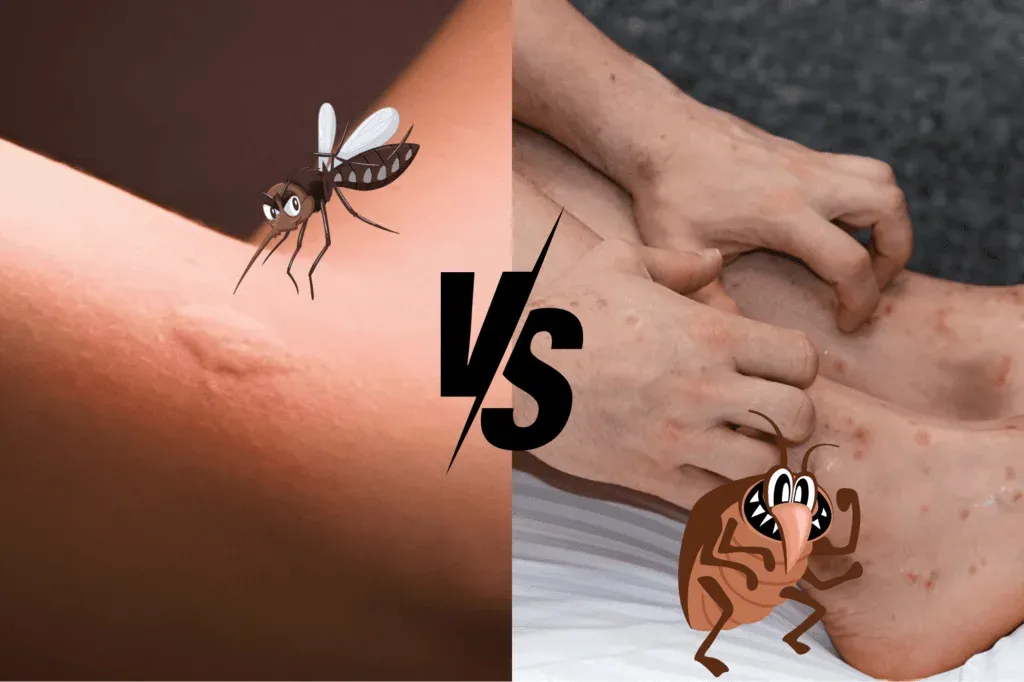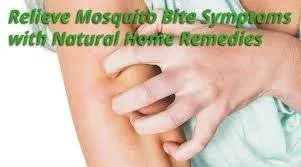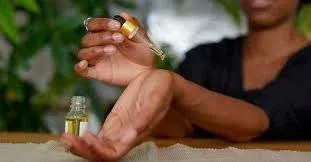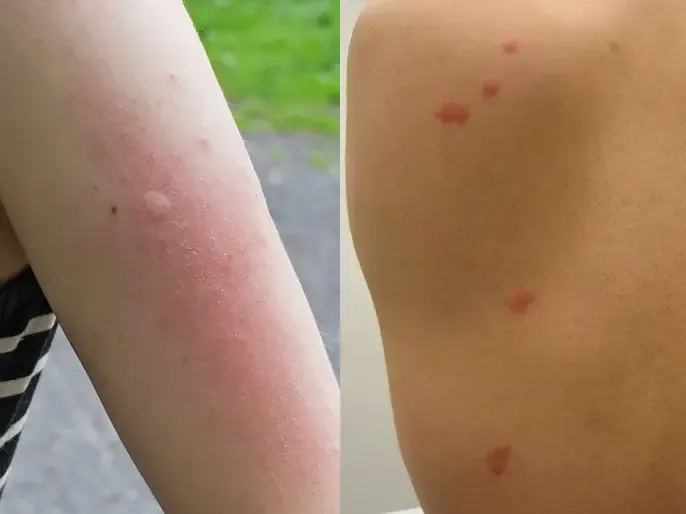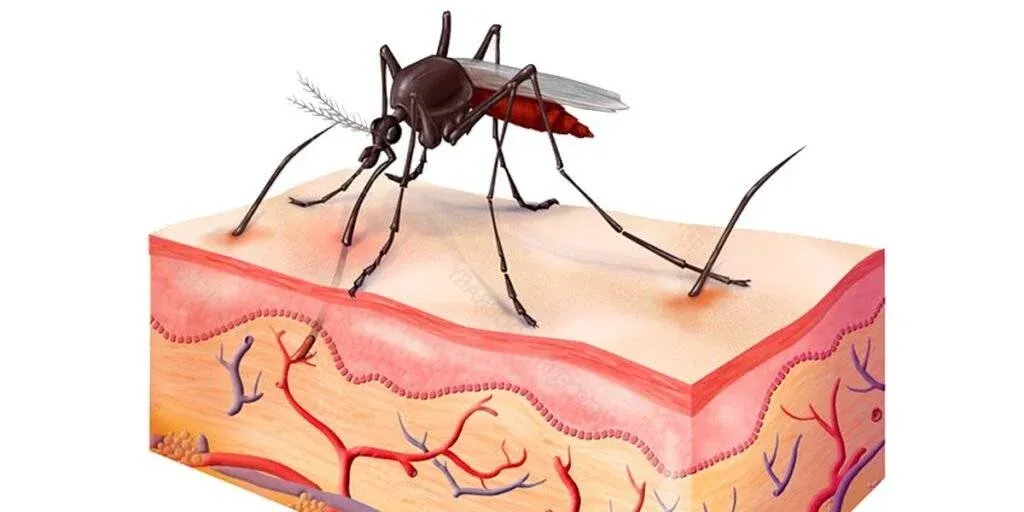Mosquito bites are a common nuisance, especially during warmer months or in tropical regions. While most bites are harmless, the itching, redness, and swelling they cause can be frustrating. Many people look for quick relief, and one of the most effective options is using an antihistamine for mosquito bites. But how exactly does it work, and when should you use it? Let’s explore everything you need to know.
Why Mosquito Bites Cause Reactions
When a mosquito bites, it pierces the skin and injects saliva. This saliva contains proteins that prevent blood clotting, which allows the mosquito to feed. The body sees these proteins as foreign invaders and releases histamine, a chemical responsible for triggering the immune response.
Histamine causes small blood vessels near the bite to expand, leading to redness, swelling, and itching. That’s why the reaction can be so irritating. By blocking histamine, antihistamines help control these symptoms.
What Are Antihistamines?
Antihistamines are medications designed to reduce the effects of histamine in the body. They are commonly used for allergies, hay fever, hives, and insect bites. Using an antihistamine for mosquito bites can quickly reduce itching and swelling, making recovery more comfortable.
There are two main types of antihistamines:
Oral antihistamines – Taken as tablets or liquids to reduce symptoms throughout the body.
Topical antihistamines – Creams or gels applied directly to the skin where the bite occurred.
Both forms can be effective, depending on the severity of the reaction.
Benefits of Using Antihistamine for Mosquito Bites
Using an antihistamine for mosquito bites offers several advantages:
Reduces itching – Stops the urge to scratch, which helps prevent infections.
Decreases swelling – Makes the bite less noticeable and more comfortable.
Speeds up healing – By minimizing irritation, the skin recovers faster.
Prevents secondary issues – Less scratching means a lower chance of scarring or bacterial infection.
These benefits make antihistamines a go-to remedy for anyone dealing with mosquito bites.
Common Antihistamines Used for Bites
If you are considering antihistamine for mosquito bites, here are some commonly recommended options:
Diphenhydramine (Benadryl) – Works quickly but can cause drowsiness.
Cetirizine (Zyrtec) – Non-drowsy option for longer relief.
Loratadine (Claritin) – Another non-drowsy choice, suitable for daily use.
Fexofenadine (Allegra) – Offers long-lasting relief without sedation.
Topical antihistamine creams may also contain diphenhydramine for direct application. Always follow dosage instructions and consult with a healthcare provider if you’re unsure.
How to Use Antihistamine for Mosquito Bites
The way you use antihistamines depends on the form:
For oral antihistamines: Take the recommended dose on the packaging. Relief usually starts within 30 to 60 minutes.
For topical antihistamines: Apply a thin layer directly to the bite. Avoid covering large skin areas, as this may increase side effects.
It’s important not to rely only on antihistamines if you have severe symptoms such as fever, spreading redness, or allergic reactions. In such cases, medical attention is necessary.
Safety and Side Effects
While generally safe, antihistamines can cause side effects in some people. Possible reactions include:
Drowsiness (common with first-generation antihistamines like Benadryl)
Dry mouth
Dizziness
Stomach upset
Topical antihistamines may rarely cause skin irritation if overused. To stay safe, avoid using them on broken skin or for long periods.
Alternatives to Antihistamines
Although antihistamine for mosquito bites is effective, other remedies can also help:
Cold compress or ice pack – Reduces swelling and numbs itching.
Aloe vera gel – Naturally soothes irritated skin.
Baking soda paste – Neutralizes itchiness.
Honey – Has antibacterial and healing properties.
For mild reactions, these natural options may be enough. However, for stronger or persistent itching, antihistamines are usually more reliable.
When to See a Doctor
Most mosquito bites don’t require medical treatment, but sometimes they can lead to complications. Seek medical care if you notice:
Spreading redness or pus (possible infection)
Fever, chills, or body aches after multiple bites
Severe allergic reactions like difficulty breathing or swelling in the face or throat
Signs of mosquito-borne illness such as dengue, malaria, or West Nile virus if you live in or traveled to a risk area
In such cases, antihistamines alone are not enough. Medical treatment is necessary.
Prevention Tips
Using an antihistamine for mosquito bites treats the problem, but prevention is always better. Here are simple ways to avoid being bitten in the first place:
Wear long sleeves and pants outdoors, especially in the evening.
Apply insect repellents containing DEET, picaridin, or lemon eucalyptus oil.
Use mosquito nets while sleeping in high-risk areas.
Keep windows and doors screened.
Remove standing water around your home, as it’s a breeding ground for mosquitoes.
These steps greatly reduce your risk of bites and the need for treatment afterward.
Final Thoughts
Antihistamine for mosquito bites is one of the most effective remedies for itching and swelling. Whether taken orally or applied topically, these medications provide fast relief and prevent further irritation. While most bites are harmless, it’s important to know when symptoms require medical attention. By combining antihistamine use with preventive measures, you can stay comfortable and safe during mosquito season.

